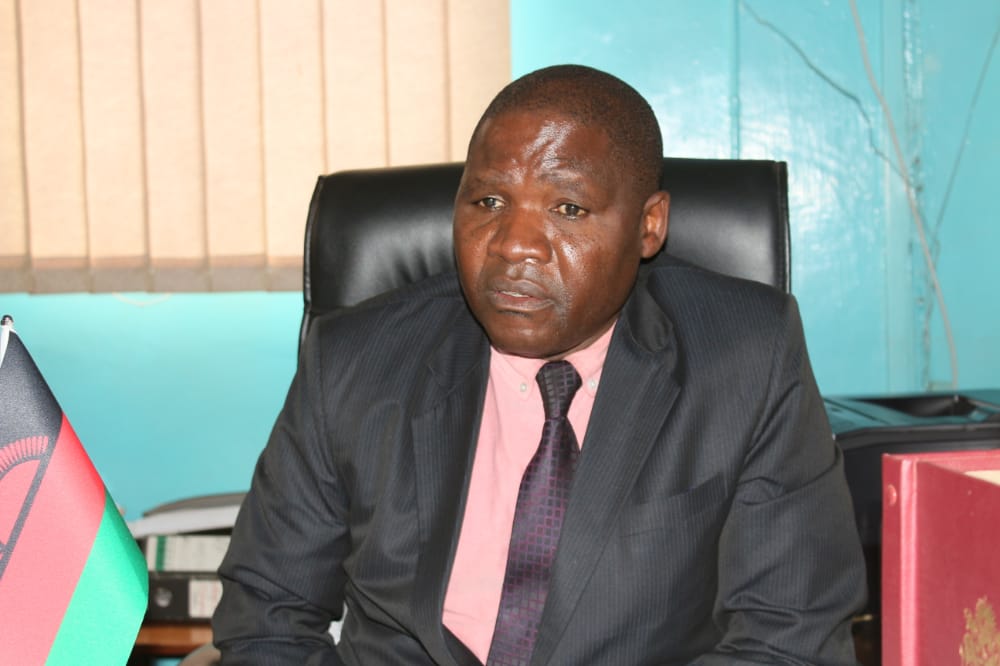By Brenda Nkosi
Thyolo, September 15, Mana: District Commissioner for Thyolo, Douglas Moffat has said that as District Council is implementing Climate Smart Enhanced Public Works Programme (CS-EPWP), there is a need to mitigate all issues relating to the environment and social needs of the community has to be mitigated to avoid creating new problems.
The DC spoke on Thursday in Blantyre when he opened the Environmental and Social Management Plan (ESMP) development workshop of the District Environmental Sub-Committee (DESC).
“The development of ESMP helps to foresee the problems that may arise in the project areas and helps in mitigating such problems. These could be issues of abuse, land conflicts, snake bites, tree cutting, plastic littering and HIV/AIDS transmission so participants need to discuss such before commencement of a project and implement its mitigating measures,” Moffat said.
He, therefore, encouraged the members of the DESC to be proactive so that the council does not become overwhelmed with sorting out environmental and social issues instead of concentrating on the projects.
“Let us please work hard in developing ESMP so that we successfully implement the CS-EPWP. We do not have open-ended time line as such we have to be proactive,” he said.
Director of Planning and Development for Thyolo District Council, Morson Magombo said the council has been slowed down by the challenges in the uploading of the Unified Beneficiary Register (UBR) data in the national database.
“Participants in the CS-EPWP will be drawn from the UBR but only 42 percent of the data has been uploaded even though the council completed UBR data collection and forwarded to the national level.
“That has stagnated some activities in the CS-EPWP like the consolidation of district safety nets plan to know the actual participants in the projects,” Magombo said.
Government through the National Local Government Finance Committee is implementing CS-EPWP as a component of the Social Support Resilient Livelihoods Project (SSRLP) in 28 local councils with funding from the World Bank where participants will be enrolled for a period of two years.
The selected participants from ultra-poor households will be required to work for 12 days in a month for a period of six months and be paid K900 per day.



